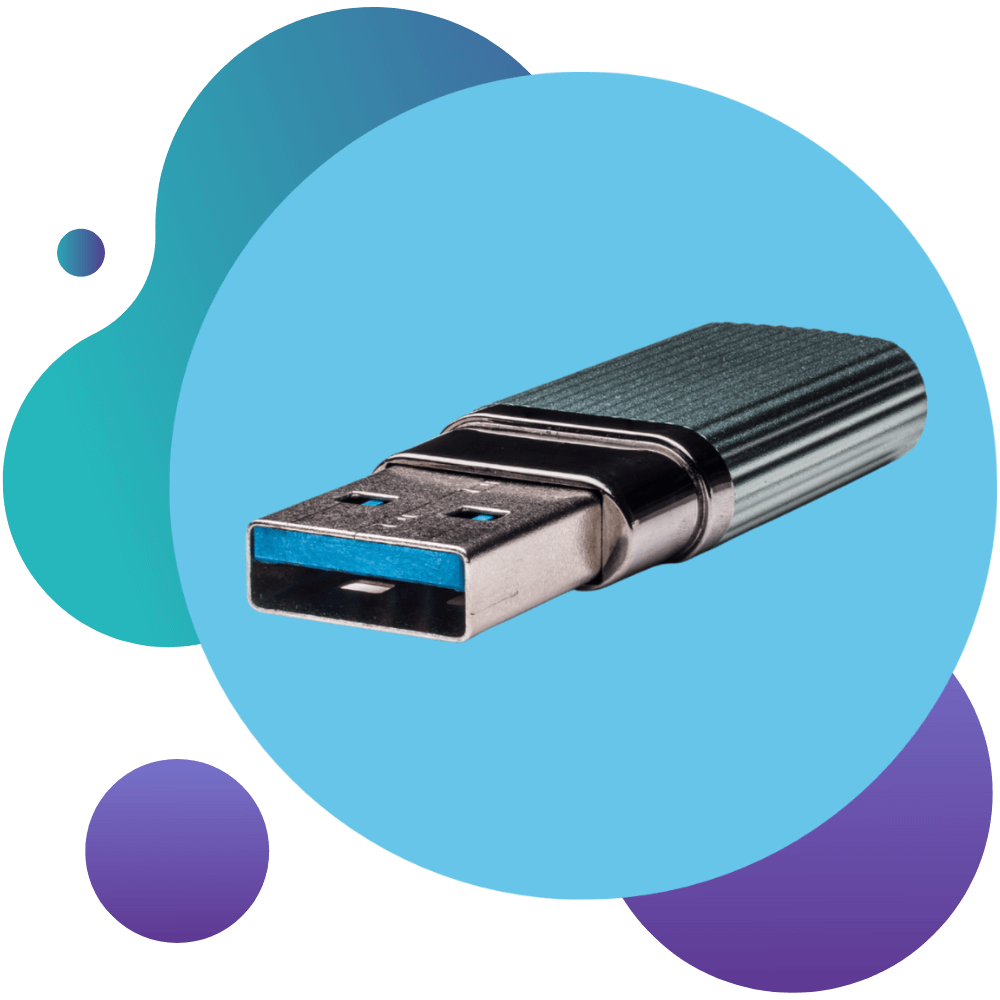Commercial Loans
Commercial loans are perhaps the most widely used (and also widely sought after) type of commercial finance. This is down to the simplicity, as well as the flexibility, of a loan.
Loans can be used for a range of different purposes. The provision of a commercial loan does not depend on what you use it for. This allows you to fund several projects at once.
You (as the borrower) can allocate portions of a loan to different expenses. You could use some to pay overheads. While another portion could go towards business growth plans.
Synergi Finance brokers three types of commercial loan. These are ‘secured’, ‘unsecured’, and ‘technology.’ Each of them differ from one another in terms of their level of security.
The funding behind a commercial loan can come from a variety of places. Whether it’s a high street bank, a commercial lender, a peer-to-peer lender, or a fintech organisation.
Commercial Loans
What is a Commercial Loan?
Commercial loans are perhaps the most widely used (and also widely sought after) type of commercial finance. This is down to the simplicity, as well as the flexibility, of a loan.
Loans can be used for a range of different purposes. The provision of a commercial loan does not depend on what you use it for. This allows you to fund several projects at once.
You (as the borrower) can allocate portions of a loan to different expenses. You could use some to pay overheads. While another portion could go towards business growth plans.
Synergi Finance brokers three types of commercial loan. These are ‘secured’, ‘unsecured’, and ‘technology.’ Each of them differ from one another in terms of their level of security.
The funding behind a commercial loan can come from a variety of places. Whether it’s a high street bank, a commercial lender, a peer-to-peer lender, or a fintech organisation.
Why should you use a commercial loan?
There are four important parts to every business. These include staff, assets, property, and cash flow. In order to grow your business, you will have to invest in these four areas. And to do that, you should use a loan.
Once a commercial loan agreement has been activated, the repayments are fixed throughout your term. Changes to interest rates won’t affect you. You can then forecast your outgoings and budget for repayments easily.
One of the main benefits of a commercial loan is that you can use it for anything. The provision of a loan is not dependent on the purpose of its use. You can therefore fund whatever business projects you want to.
You can use a loan to consolidate any outstanding financial contracts into one single agreement. This would give you one string of repayments to keep track of, as opposed to several strings of repayments each month.
When you receive a loan, you can use it for more than one purpose. You can use some of the funds as working capital and pay your overheads. Then, you could use the remaining capital for your business growth plans.
You can settle a loan agreement early if your circumstances change. This will probably involve an early repayment charge (also known as an ‘exit fee’). You will be made aware of any charges at the start of your agreement.
What is a secured loan?
A secured loan is very transparent. You could take out a sum of money which is typically larger than what you could gain from an unsecured loan. As well as this, the interest rate will be slightly lower.
This is because the lender will hold a charge over a property, or another high-valued asset. As a result, the lender is provided with enough confidence to lend a larger amount alongside a lower interest rate.
You will be directed to take out a secured loan if you need a large amount of funding. This is because a large loan is considered risky. And securing the loan will minimise that risk. It’ll put the lender at ease.
A secured loan is considered beneficial because it allows the borrower to make development plans. You could also make changes to your loan. And you wouldn’t be able to do this with a product like a lease.
Furthermore, a secured loan can be settled early, without the need to pay an early settlement fee. This is because the fees which are attached to the loan are usually added to the loan itself (or paid upfront).
What is an unsecured loan?
In contrast to a secured loan, unsecured loans do not allow the lender to hold a charge over a property or an asset. Instead, the security is taken from the business.
In addition to this, a DPG will be required from you (the borrower). DPG stands for ‘Director’s Personal Guarantee’. And (naturally) this must be signed by a director.
A DPG is basically a contract between a business owner and a commercial lender, stating that they will be responsible for repaying the loan if their business cannot.
This is advantageous because charges will not be held against company property. Therefore, none of your assets will be taken away if you happen to miss a payment.
An unsecured loan is a better avenue to go down when you are looking to borrow a smaller amount. You will also get an approval faster if you have good credit history.
What is a technology loan?
The term ‘technology loan’ is sometimes abbreviated to ‘tech loan.’ And interestingly, this is considered a type of asset finance, more than it is viewed as a commercial loan.
A technology loan technically fits into the category of an ‘unsecured loan.’ Although, its purpose makes it more ‘secured’ than what we traditionally class as an unsecured loan.
This is because a tech loan’s purpose is explicitly clear. A lender will pay a supplier for intangible goods and services (such as software and support) on the customers behalf.
The lender therefore knows exactly what the loan funding is for. And as a result, less security is required from the customer than in the case of an ordinary unsecured loan.
However, one condition of a technology loan is that the invoice cannot contain any physical hardware. The loan can only be used to pay for software and services.

















